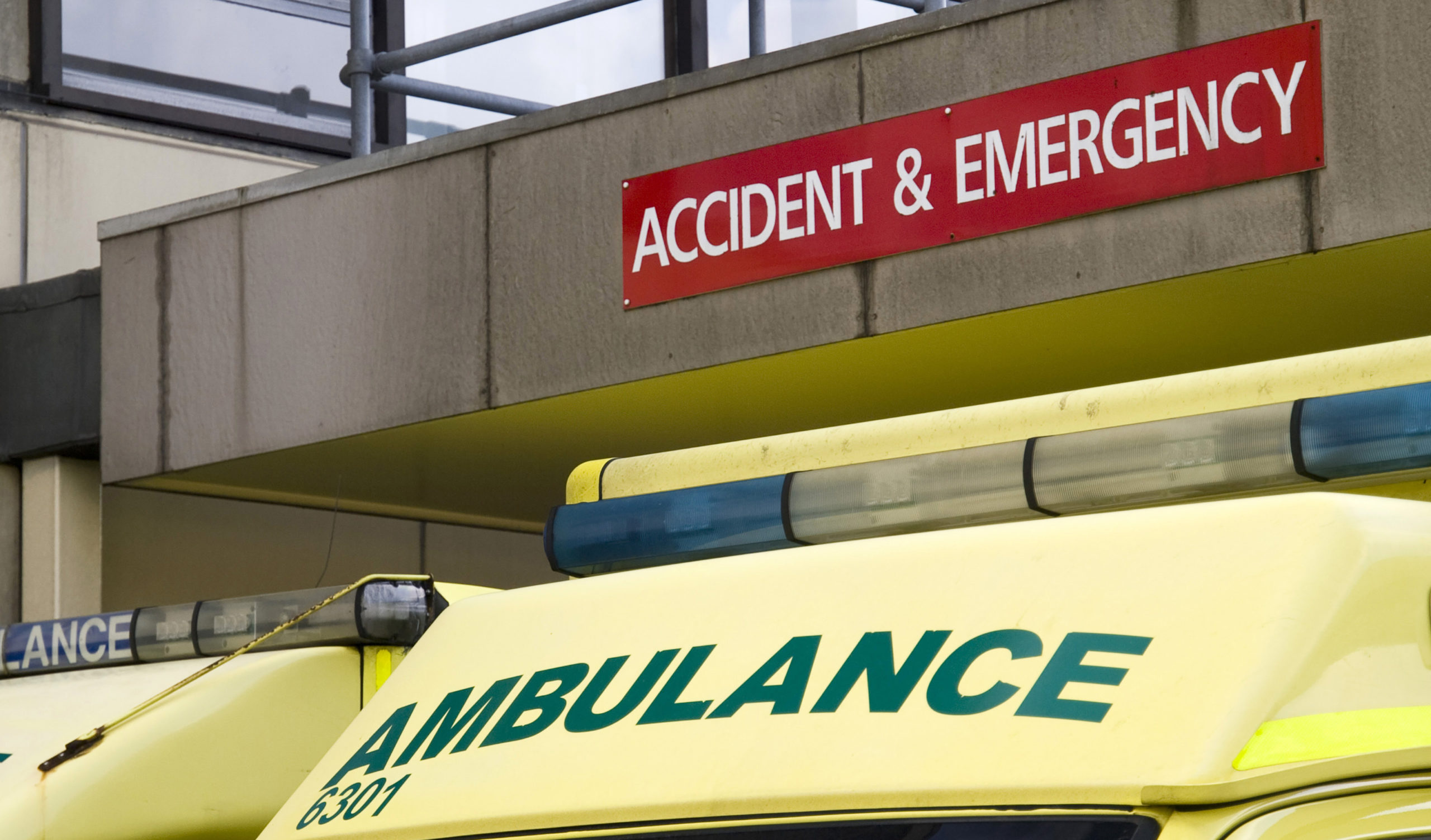latest
NHS ambulance delays leaving patients stuck at GP surgeries for hours
Seriously ill patients are left waiting at GP surgeries for several hours, because ambulance crews are so overstretched
“It’s vital that when called for help and support, ambulance services treat calls from surgeries as seriously and quickly as they do that from any other location. Delays not only put individual patients at risk but they also take practice clinicians away from the many other patients they need to attend to.” Dr Richard Vautrey, chair of the BMA’s general practitioners committee
Patients who have a life-threatening emergency, such as a heart attack or stroke, are finding themselves trapped in their GP surgery because ambulances are taking so long to arrive after the GP has called 999, according to the British Medical Association (BMA) and Royal College of GPs (RCGP).
The organisations, which represent doctors, say that increasing numbers of seriously ill patients find themselves waiting for an ambulance after attending appointments. They say that because over-stretched ambulance services see surgeries as “places of safety”, they prioritise sending paramedics to other emergencies rather than to GP surgeries, assuming that GPs and nurses will look after the patients.
In some cases, GPs have been so worried by the wait for an ambulance that they have driven the patient to A&E themselves.
Dr Richard Vautrey, the chair of the BMA’s general practitioners committee, told the Guardian: “GPs and their teams will always do all they can to respond to clinical emergencies. When we have delays in ambulances arriving it means a nurse or GP being taken away from other appointments, and these incidents are increasingly common.
“It’s vital that when called for help and support, ambulance services treat calls from surgeries as seriously and quickly as they do that from any other location. Delays not only put individual patients at risk but they also take practice clinicians away from the many other patients they need to attend to.”
Two patients died outside A&E departments
The medical website Pulse recently reported the story of Bristol GP Dr Lucy Pocock, who had called an ambulance at 4.45pm for a sick six-year-old patient. Having waited more than four hours, she drove the child to A&E herself at 9pm herself. “I don’t want a patient dying in my care while we wait for an ambulance. It’s not the care I want to give. I don’t want that on my conscience,” Pocock said.
Increasingly, ambulances are having long waits outside A&E departments because the departments are too busy to admit patients. Last month two patients died in the back of an ambulance while waiting outside Addenbrooke’s hospital in Cambridge and Worcestershire Royal hospital in Worcester.
A&E departments are similarly over-stretched in Wales. Letters written by concerned doctors to the Betsi Cadwaladr University Health Board, and obtained under a freedom of information request, have revealed that patients are dying in ambulances and waiting rooms because emergency departments are so overcrowded. In one letter, doctors say: “Our departments have become routinely crowded to the point where delivering even the most fundamental aspects of Emergency Medicine such as rapid ambulance offload, triage, early assessment and investigations, and time critical interventions in sepsis, stroke, cardiac care, major trauma and resuscitation are compromised.”
